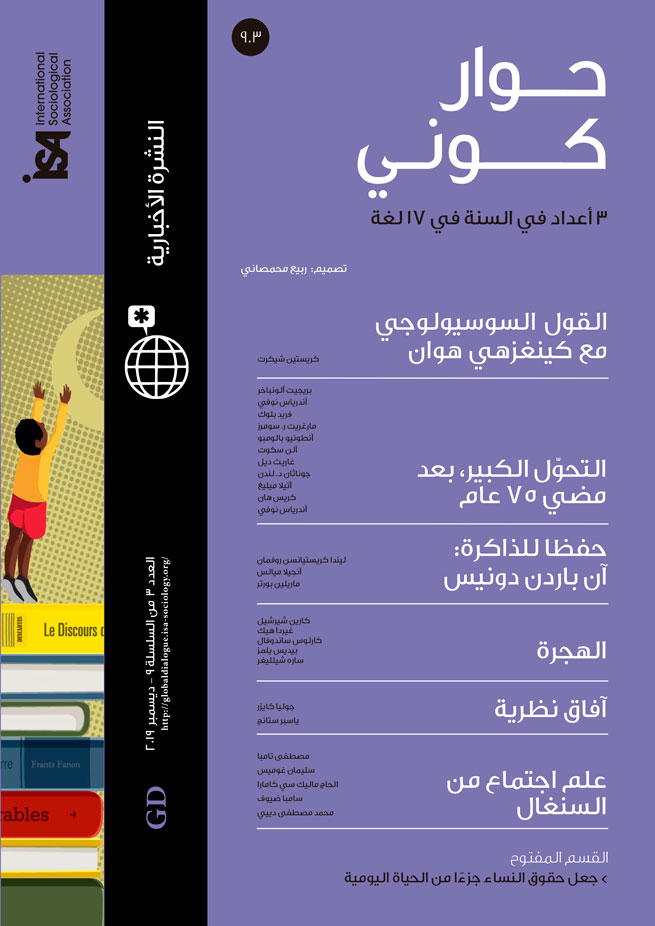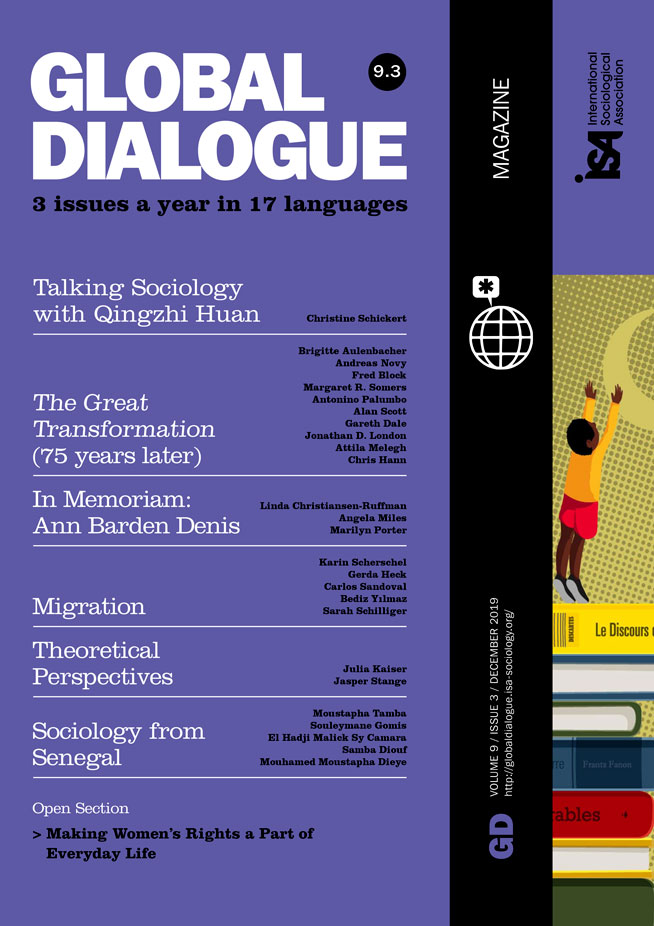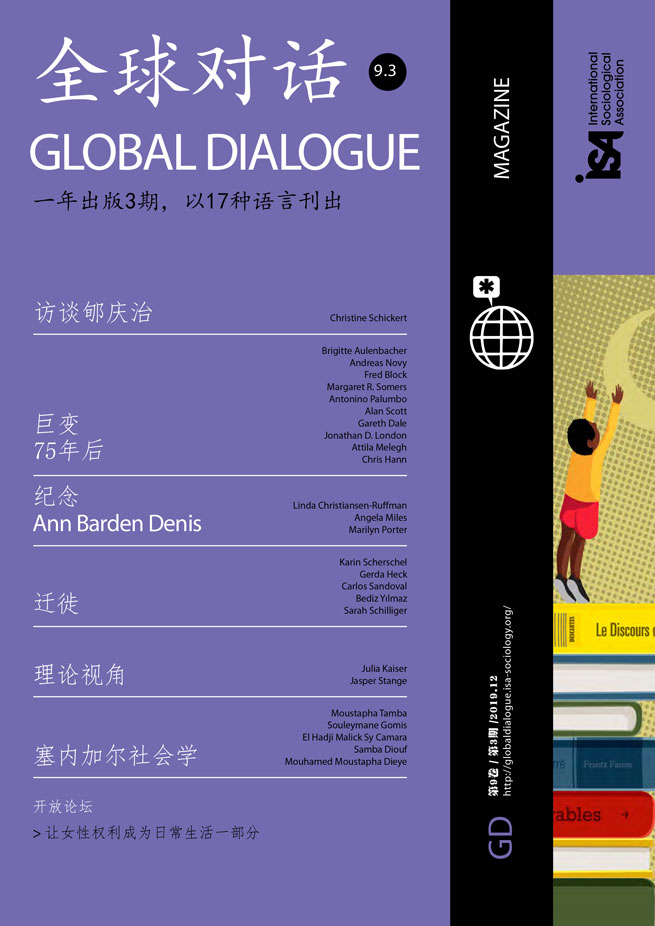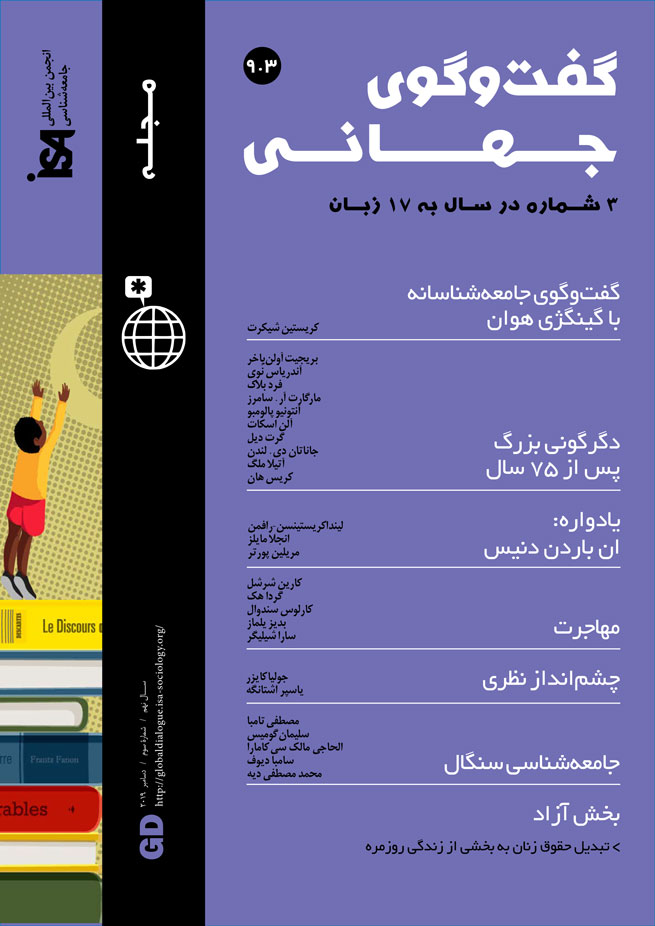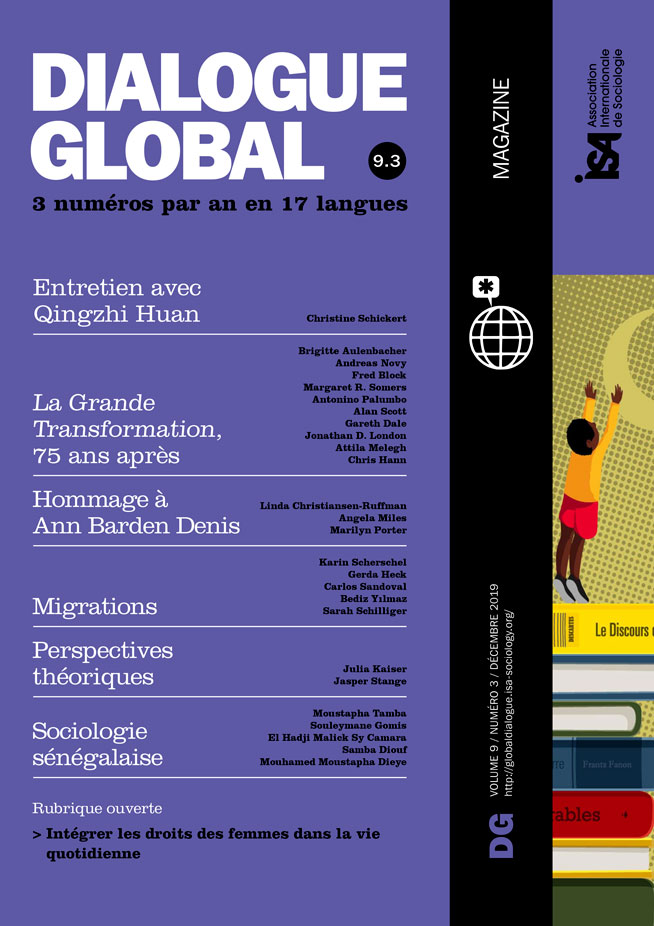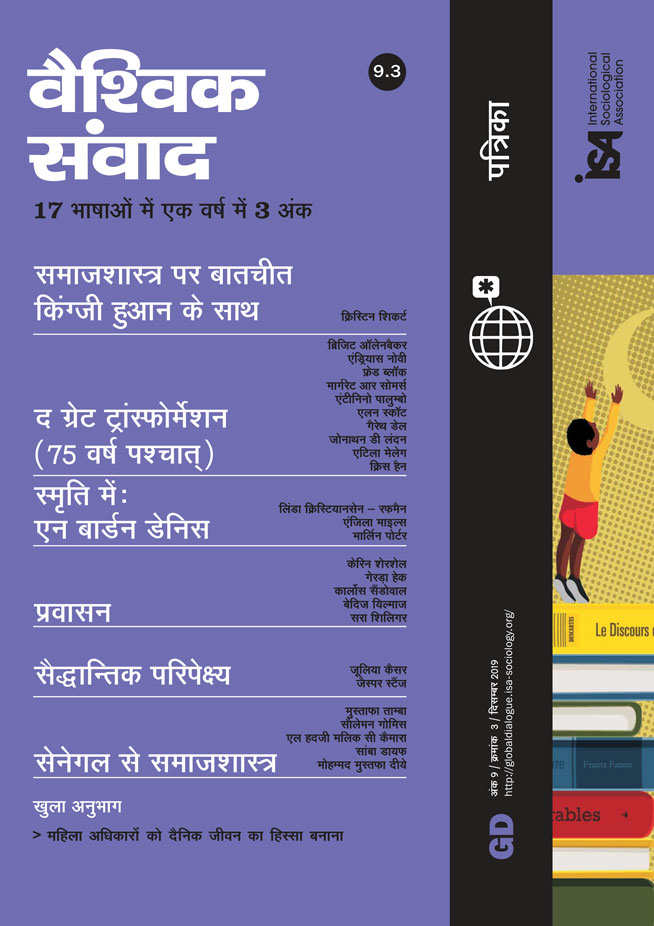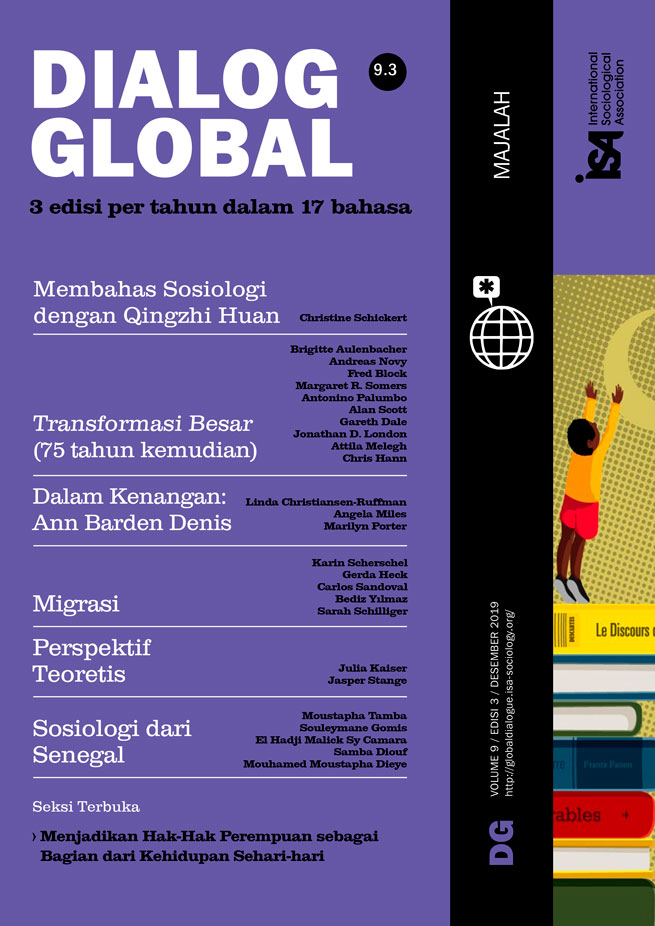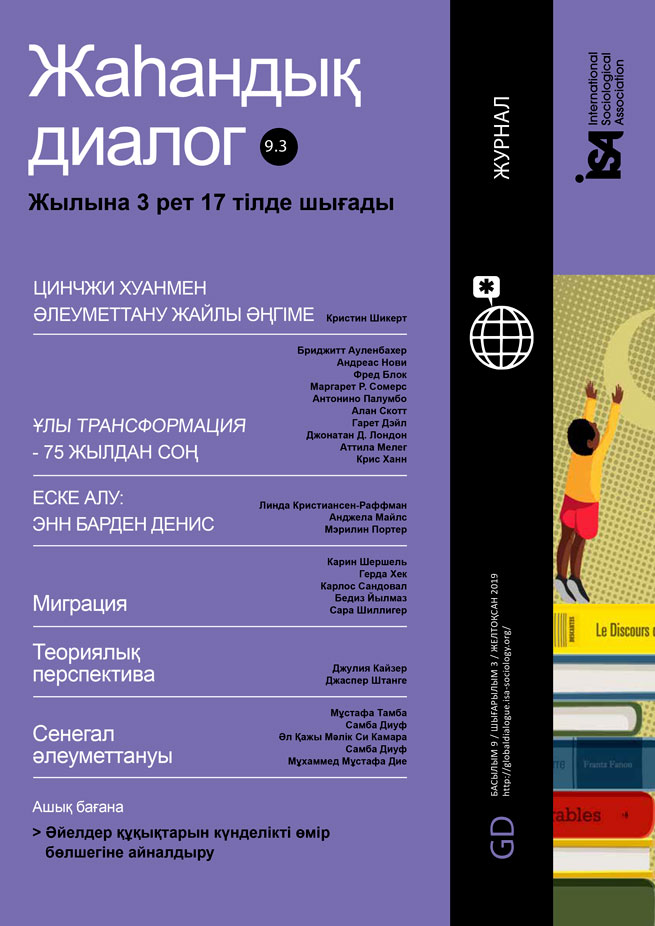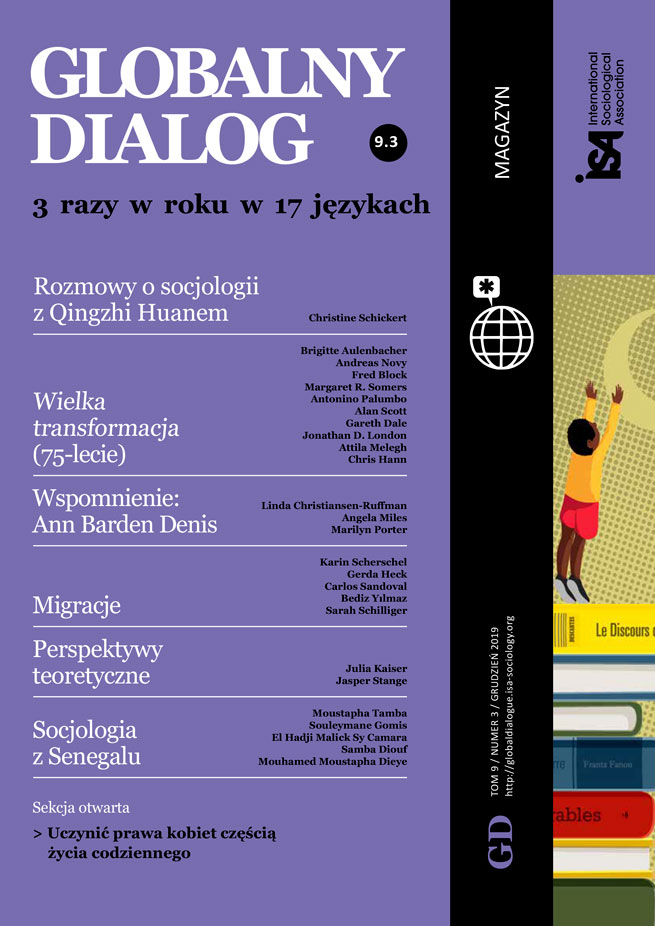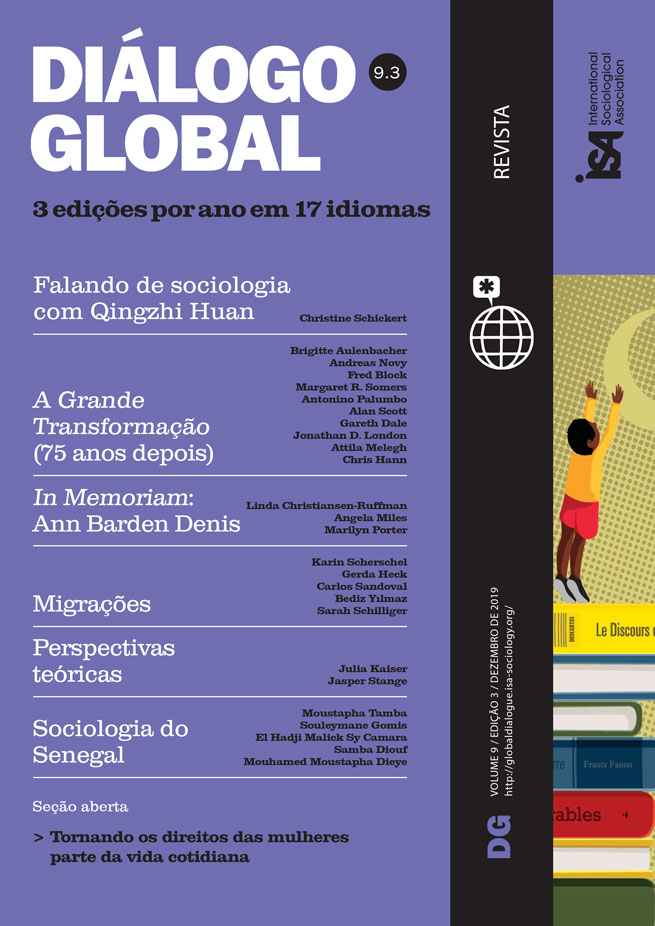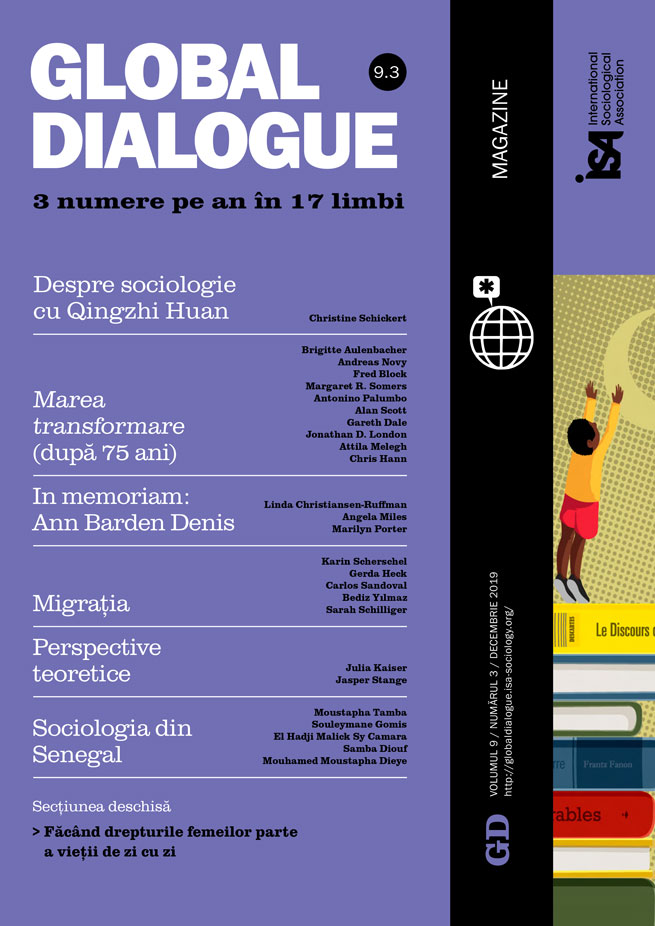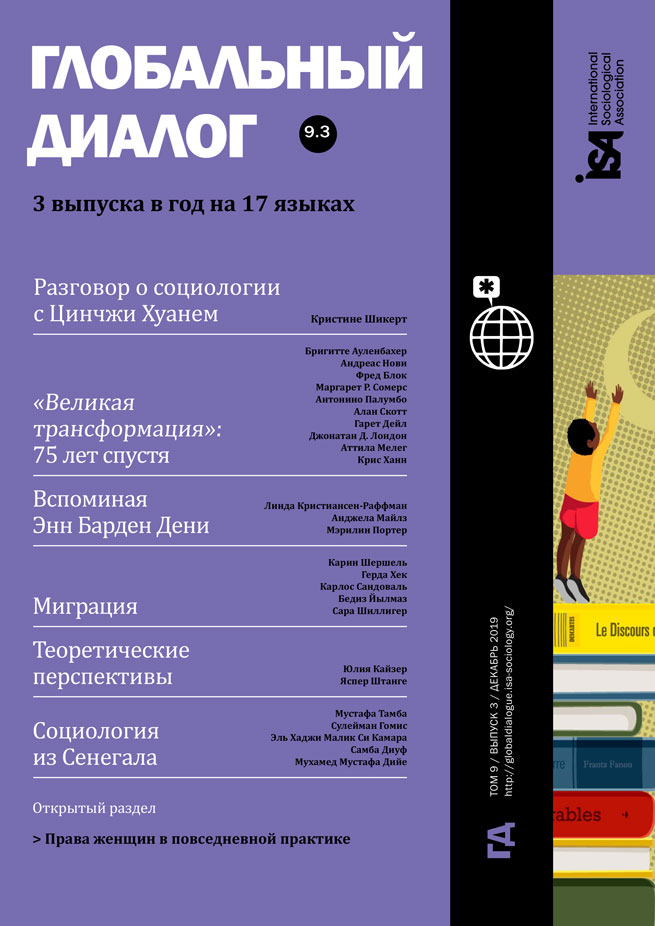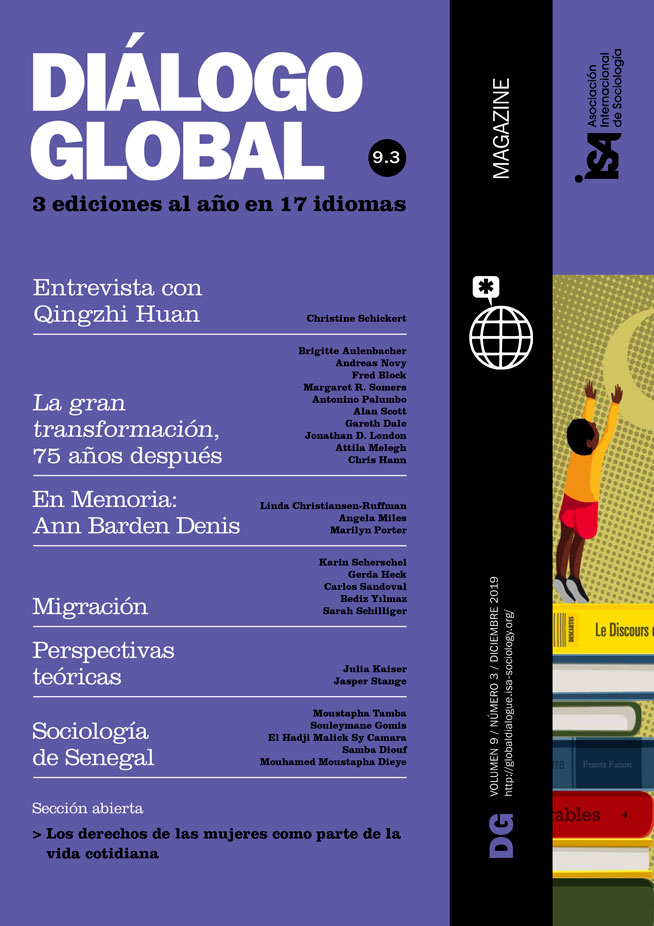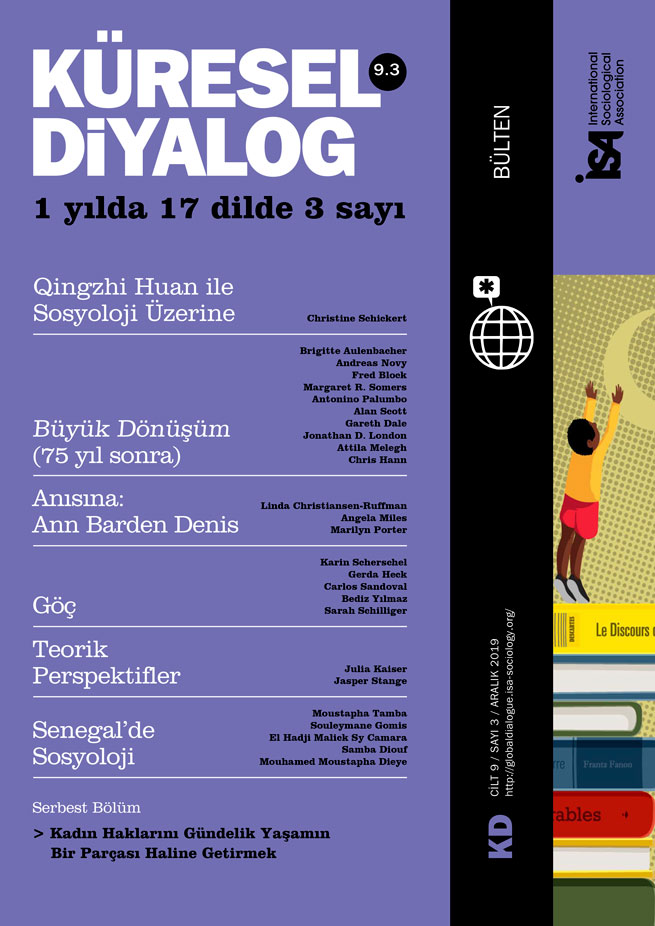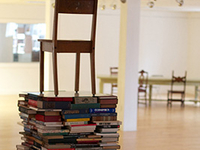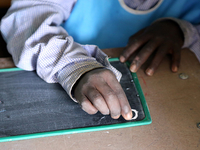Socio-Anthropology of Religious Leadership in Senegal
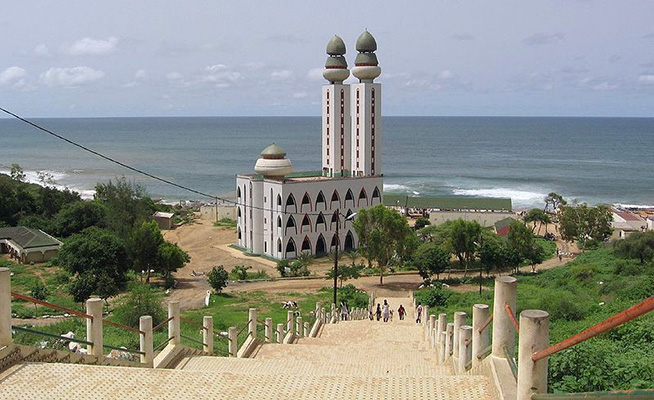
October 25, 2019
The legacy of religious leadership
From early on, Senegal was a hub in the various exchanges between Europe, Africa, and America, which, to some extent, explains the openness of Senegalese people, their sense of hospitality and tolerance between Muslims and Christians. Their socio-cultural values derive from three cultural sources: deeply embedded cultural traditions, Islam and Christianity, and western-style modernity based on the Republic. Among these three sources, Islam is by far the most decisive influence. 95% of Senegalese are Muslim and most belong to religious brotherhoods that are the real social regulators; 49% belong to the Tijanyya brotherhood, 35% are Mouride, 7% belong to the Qadiriyya brotherhood, and 5% to the Layenne.
Senegal’s politico-religious history shows that Islam has produced literary men and leaders who were able to achieve and maintain the social equilibrium of the country. These religious leaders have profoundly shaped the evolution of Senegal and its people. The action and commitment of religious leaders such as El Hadj Omar Tall in Futa-Toro, Samori Toure, the famous leader of the dioula revolution, Maba Diakhou Bâ and Thierno Souleymane Baal who led the revolution of the Torobe in Futa-Toro against the Songhai Empire of Koly Tenguela remain in the Senegalese collective memory. The strength of their leadership results from the convergence between Islam and the “old” tradition of an African democracy, the basis of which is a mistrust of power and the belief that its expansion and omnipotence should be contained and limited. Being aware of the perverse effects of any absolute power, traditional African societies have often prevented their leaders from “playing the chief” and made every effort to ensure an authentic leadership so that absolute power does not appear.
In Wolof society, at the ceremonial inauguration of the king, the chief pledges to act in accordance with the tradition and to work for the prosperity of everyone. In the Waalo (Wolof Empire), for instance, the spokesman of the notables warned the Brak (king) who had just been elected, telling him that: “If you deviate from the normal path towards your subjects, you will give us all your life. If you act against the grain, you will attract the odds of your voters and necessarily the hatred of your people.” This mistrust can be found in a Wolof popular saying that reminds the king about his duties towards the people: “Buur du mbokk” or “a king is not a parent.” By analogy, we can recall that in Islam, from the moment an individual professes faith, they dismiss any dependence or allegiance to another person. Therefore, Islam has no clergy and the head being a guide, the obedience people vow to him must necessarily be conditioned by his respect for Islamic principles that match the traditional values listed above. Thierno Souleymane Baal, the eighteenth-century warlord and Muslim scholar from the Futa knew how to symbolize an authentic leadership that still inspires many Senegalese religious or civic movements. He said:
“I recommend the following guidelines to elect a guide:
- choose a wise, pious and honest man, who does not monopolize the riches of this world for his own benefit or that of his children;
- unseat any imam whose wealth has grown and confiscate all his property;
- ensure that the Imamate is not transformed into a hereditary monarchy in which the sons inherit from their fathers;
- fight him and expel him if he persists;
- the imam can be selected in any tribe;
- always choose a wise and hardworking man;
- never limit the choice to a single and same tribe;
- always base yourself on the criterion of ability.”
Values structuring the significance of leadership
The religious leader must be a man shaped by the values of justice, selflessness and honesty, whose decisions always transcend personal interests and motivations. Having a very high sense of his commitments vis-à-vis his values and peers, he must maintain his belief, his moral rectitude, and his objectivity in all places and circumstances. Two religious leaders in recent history exemplify such leadership: Serigne Abdou Aziz Sy Dabakh, the third caliph of the Senegalese Tidjane brotherhood from 1957-1997, and Serigne Saliou Mbacké, the fifth Mouride caliph. The first did not hesitate to tell his disciples: “If you see me doing things that do not go hand in hand with what I tell and advise you, please call me to order or I will never forgive you, and if necessary separate yourself from me.”
Beyond the creation of a shared vision and moral code, the strength of the leader is based on his ability to apply to himself what he asks of others. The leader must respect the component moral values of the anthropological model of “nit ku baax” (a good man) which implies “nit ku am jom” (the sense of honor), “nit ku am Kersa” (a reserved man, who has public decency), “nit ku jub” (a righteous man), “nit ku am diné” (a man of faith), “nit ku doylu” (a sober man), “nit ku am kadu” (a man of his word) and “nit ku goré” (a worthy man). Among these values, the “jom” has a special importance because it covers various meanings: responsibility, sense of honor and dignity, “Warugal” (a sense of duty), well-done effort, self-sacrifice, courage, self-awareness, and awareness of one’s value. For Wolof people, the leader must embody all the values that aggregate in the “jom” ̶ values that are inconsistent with laziness, cowardice, lack of scruples, and lies.
The aversion of the Senegalese to unfulfilled words is perfectly illustrated by two cases of political leaders who reversed their earlier promises. Former President Abdoulaye Wade did the “Wakh wakheet” (“I said, I withdraw my words”), retracting his words after having said that he would not stand for a third term in the presidential election of 2012. The current president who replaced him, Macky Sall has in turn just made the same “Wakh wakheet” by reversing his promise to reduce the term for which he was elected from seven to five years. The famous Wolof proverb “gor sa waxja” (the nobility is determined by respect for the given word) reflects the importance that Senegalese give to their words, and is invoked to criticize these presidents.
Mouhamed Moustapha Dieye, Cheikh Anta Diop University of Dakar, Senegal <mouhamed.dieye@gmail.com>

